Russian China endoscopy conference
1970-01-01 08:33:38
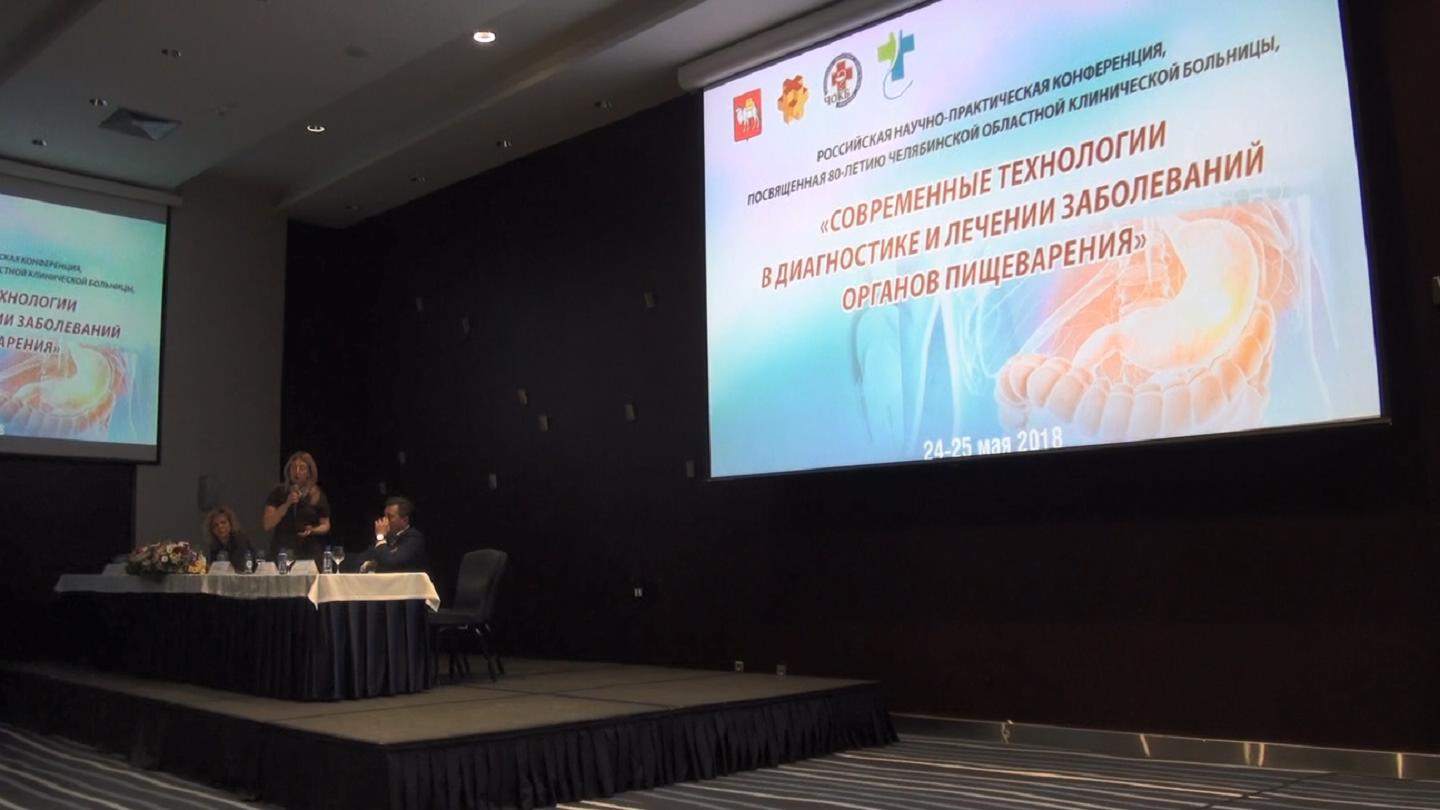
A mix of 400 doctors, professors, nurses and other medical professionals recently gathered together at the recent Russia Academy and Practice Conference to learn from leaders in the endoscopy field about modern technologies used in to diagnose and treat gastrointestinal diseases. Including a specially invited guest speaker from Beijing, Dr. Peng Li, who came to the conference to discuss and demonstrate the merits of chromoendoscopy for the attendees.
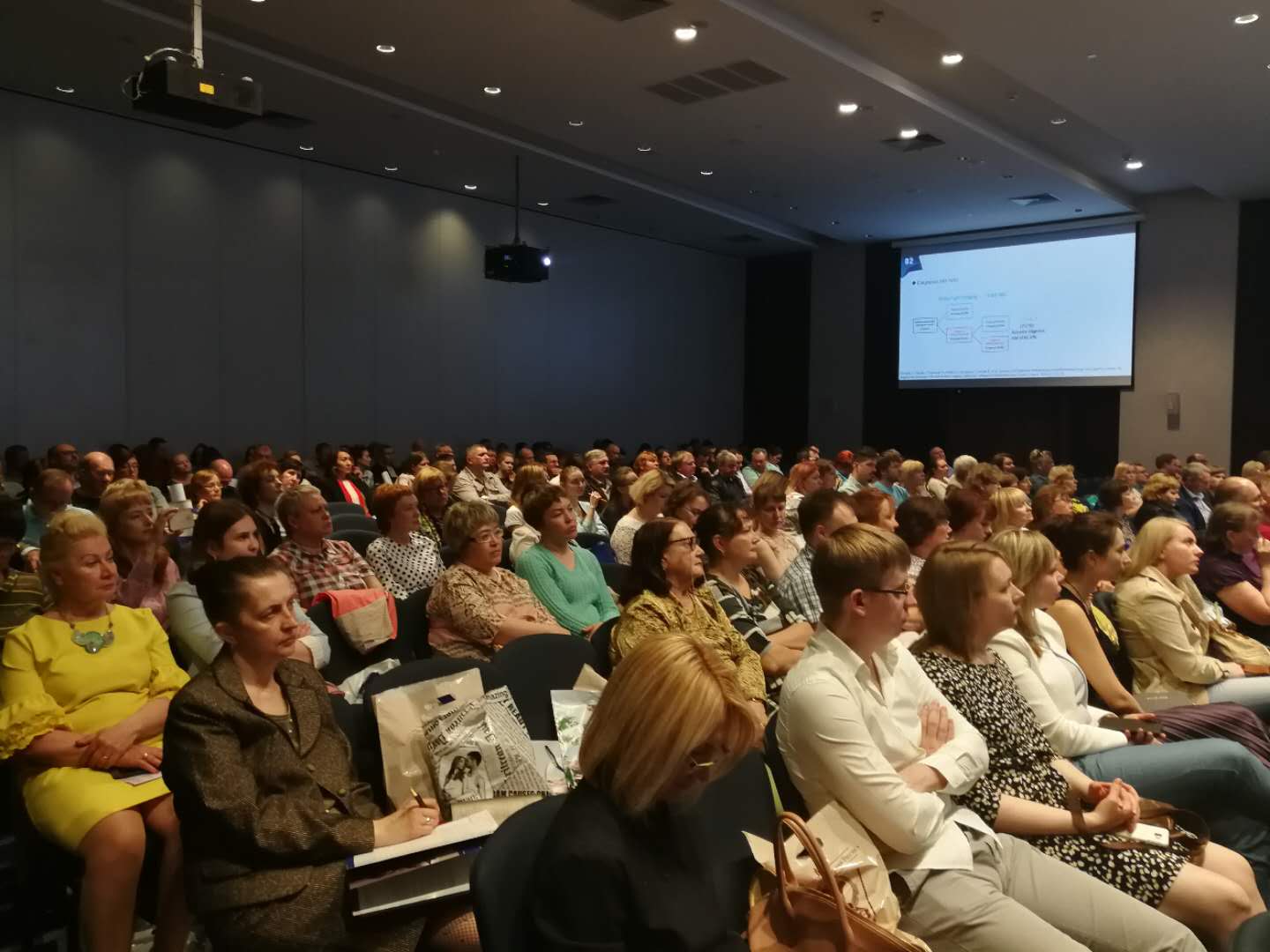
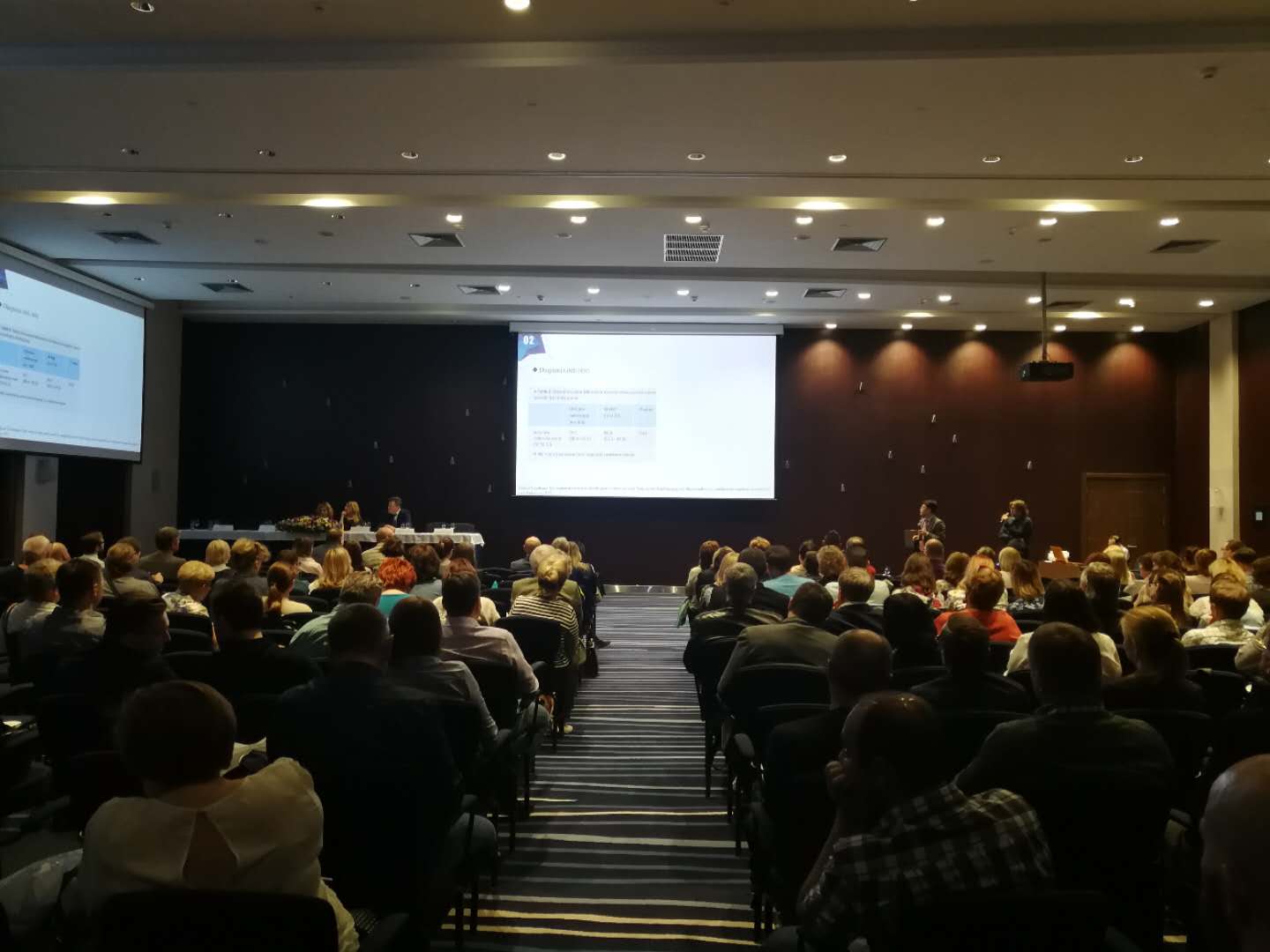
As the Chief Physician and a professor for the Department of Gastroenterology at the Beijing Friendship Hospital, Dr. Peng Li gave a spoke about modern image enhancing technologies and how they are used to diagnose early stage gastric cancer. A diagnosis that is difficult to come to due to the intrinsic nature of the early gastric cancers. Visually they appear as only a very subtle difference compared to the surrounding mucosa. Thus enters enhanced-imaging technologies to make it easier to see the early stage gastric cancer by using different wave lengths and colors of light as well as digital after image enhancements. Such as SonoScape’s Variable Intelligent Staining Technology (VIST) that Dr. Peng Li not only explained in detail but also demonstrated the following day with SonoScape’s HD-500.
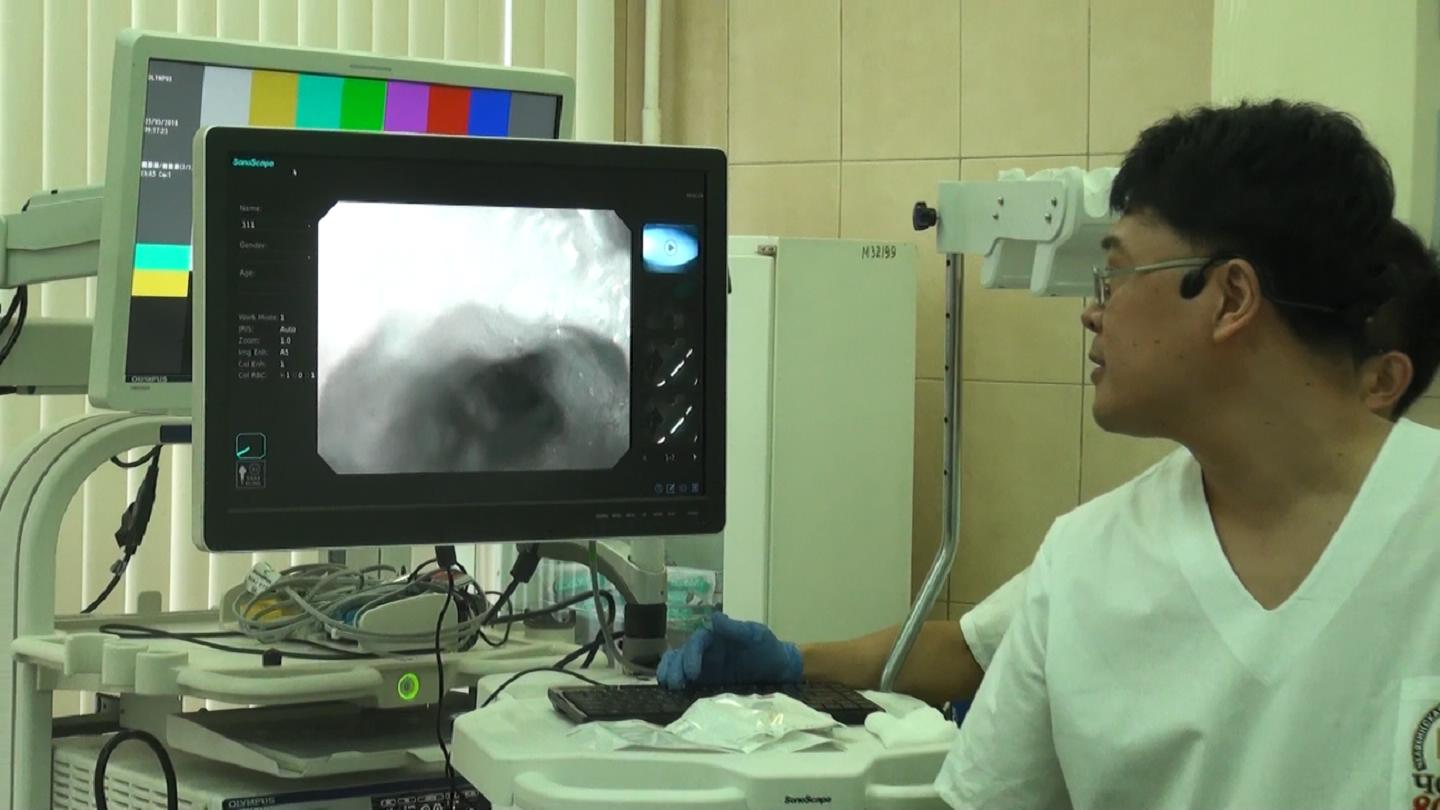
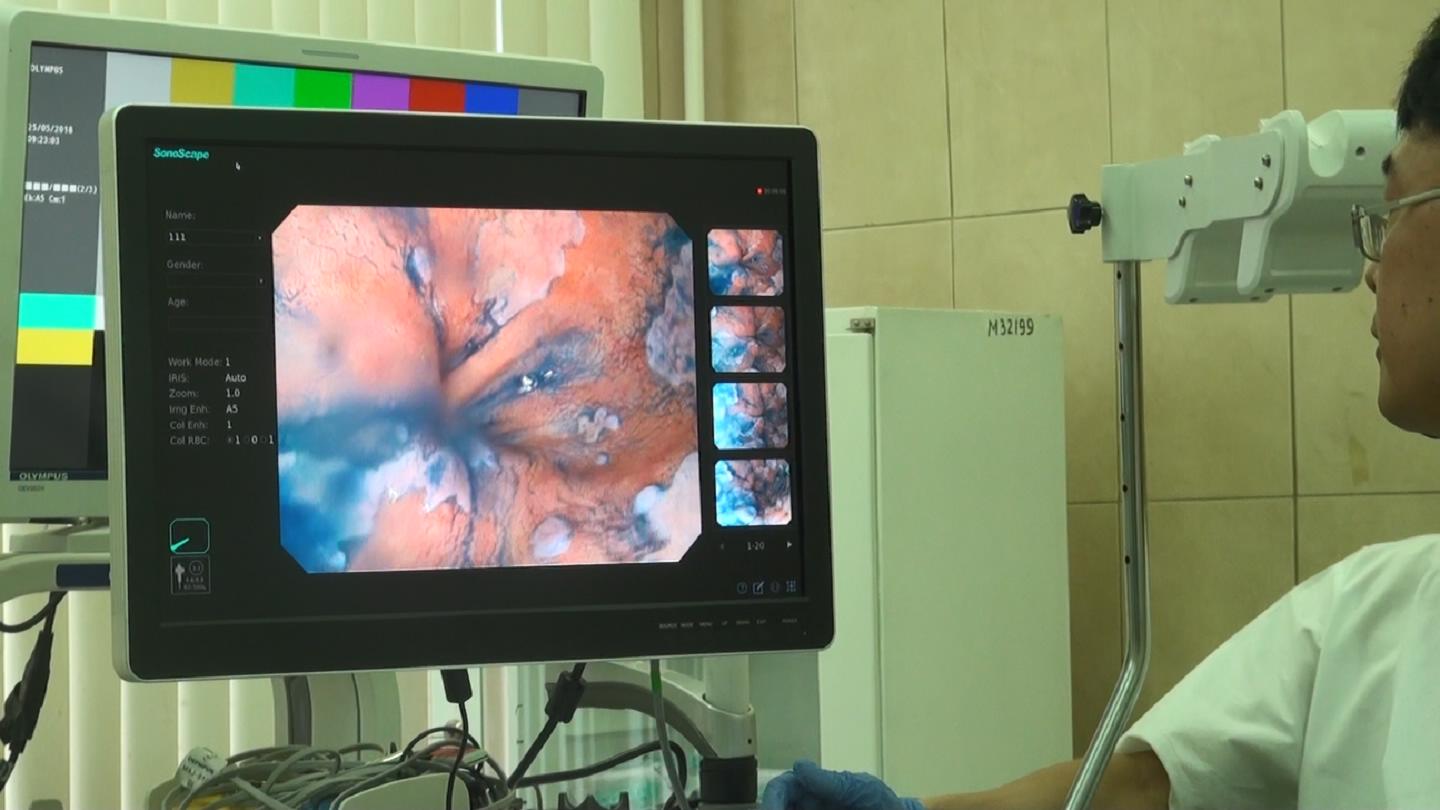
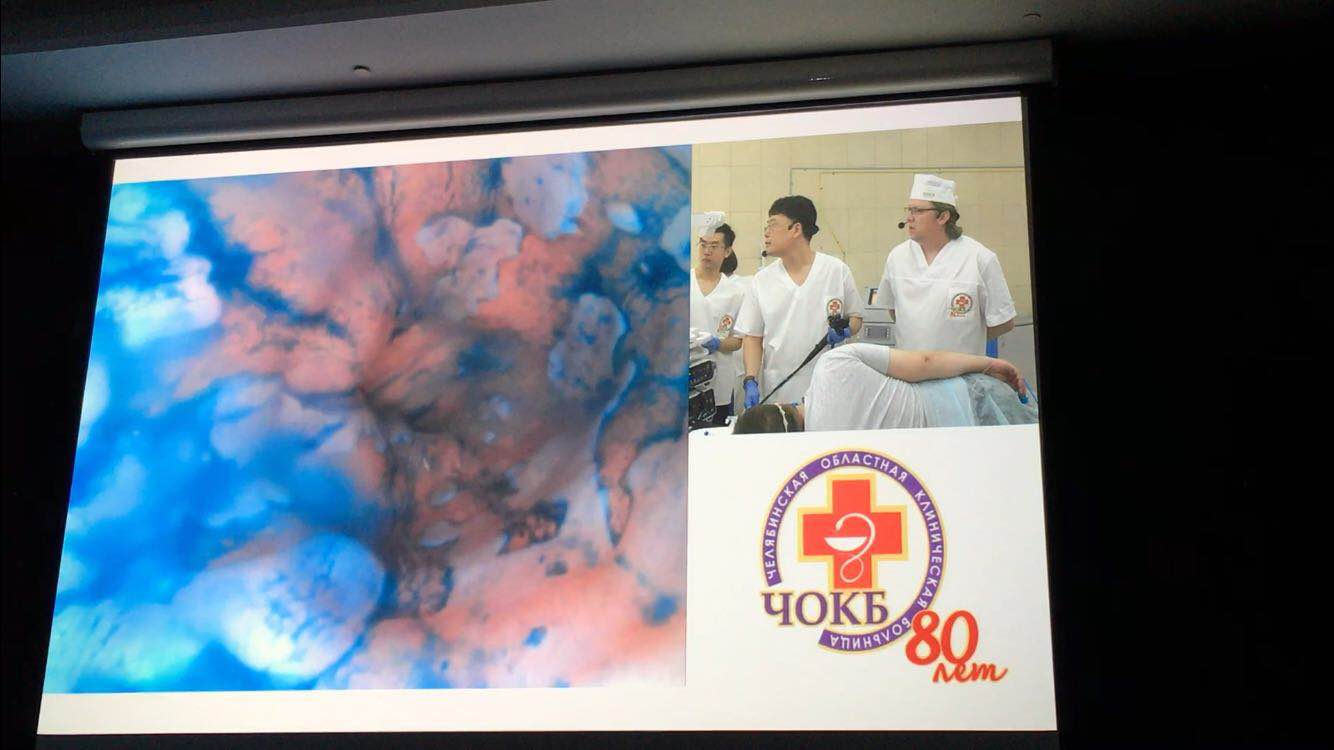
Using the HD-500 Dr. Peng Li performed a live procedure at the Chelyabinsk State Hospital on a patient exhibiting signs of Barrett’s esophagus. The procedure was broadcasted live back to the audience at the conference hall so they could witness the procedure and give feedback and questions as it was happening. With the use of the HD-500’s VIST technology Dr. Peng Li was able to easily indentify the boundary of the suspected lesion and with the use of indigo carmine and acid staining after the VIST examination confirmed beyond a doubt that the patient did indeed have Barrett’s esophagus inflammation. After confirming the diagnosis for Barrett’s esophagus it is usually treated through ablation or kept under surveillance for a time. In this case Dr. Peng Li recommended to keep the patient under surveillance for the time being which was supported back at the conference hall by the conference committee and the majority of the audience watching the live procedure.
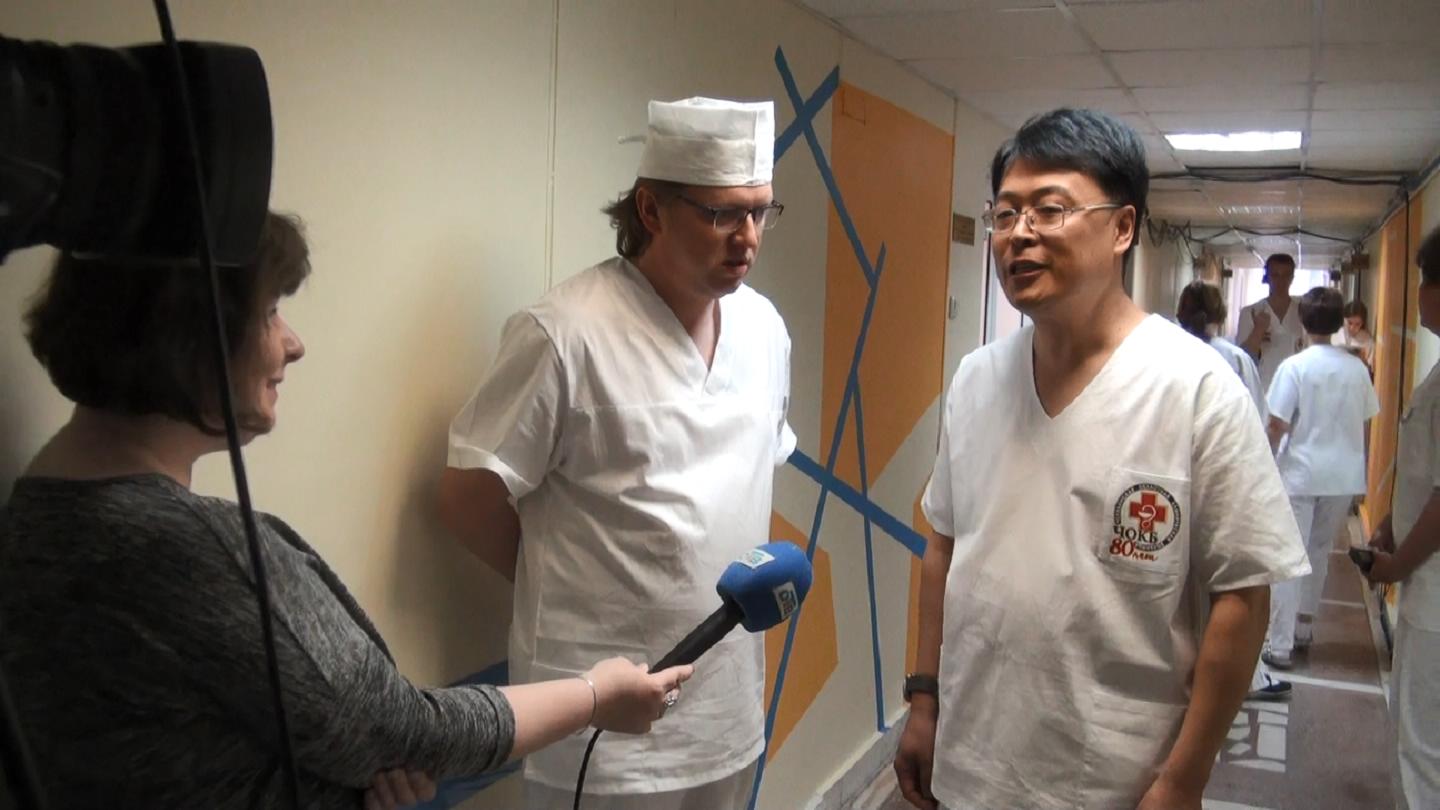
After the successful live procedure, Dr. Peng Li was interviewed by a local TV news station about the collaborative conference and his thoughts about it. In response, Dr. Peng Li compared to the sincere intentions of the conference with the name of his hospital in Beijing, the Beijing Friendship Hospital. The history behind the name of this hospital was originally to mark the early friendship between China and the Soviet Union. A friendship that Dr. Peng Li hopes can be continued between China and Russia and create a bridge between the two countries as they work together to improve the quality of healthcare in both of their countries through mutual sharing of medical knowledge and technologies.
